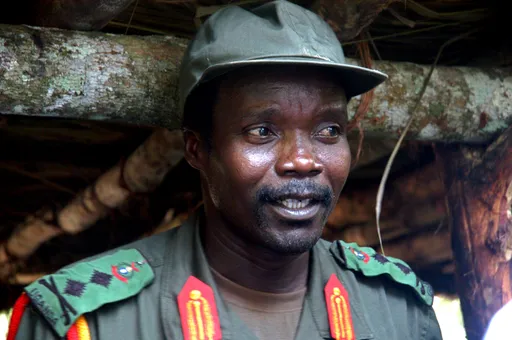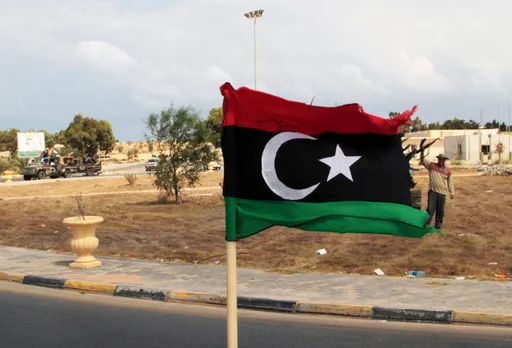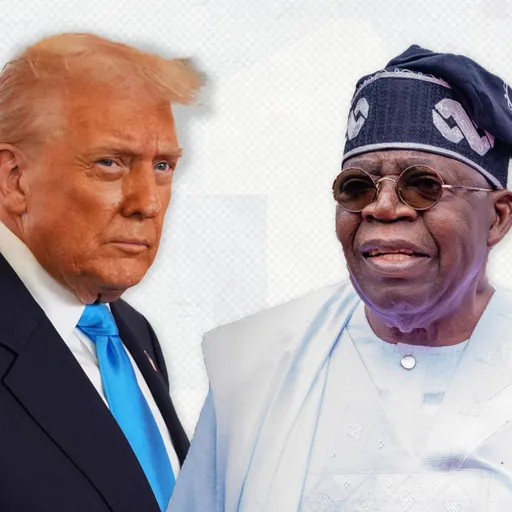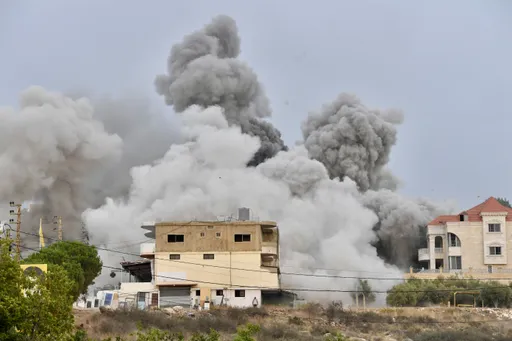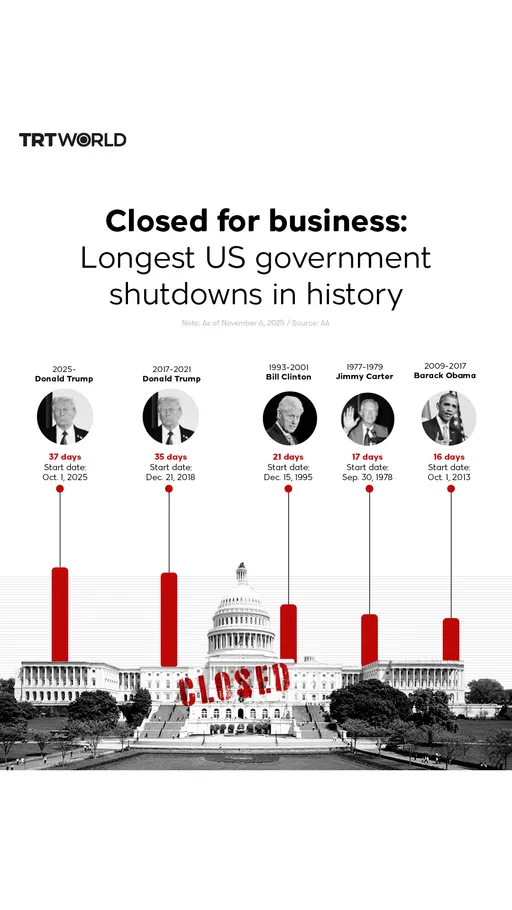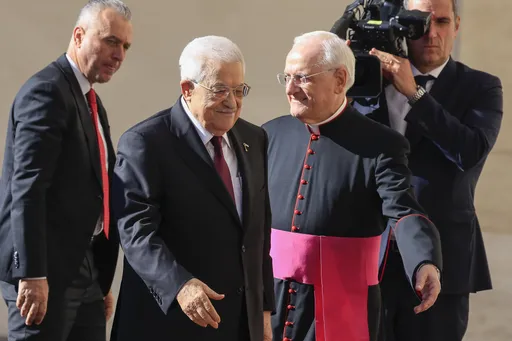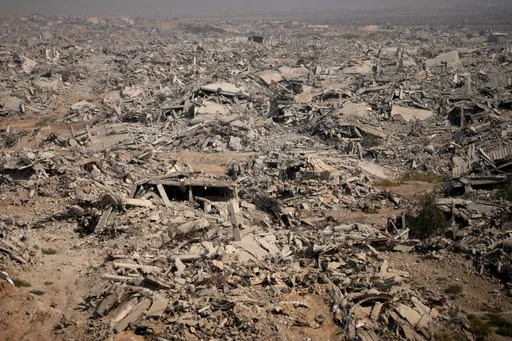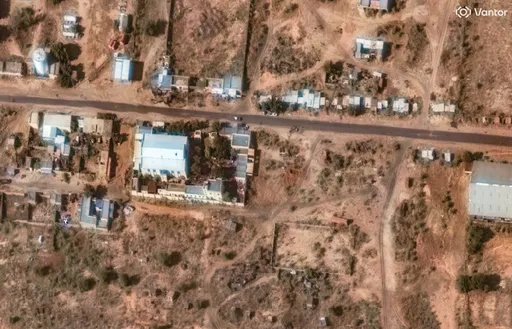When Bangladesh's former Prime Minister Sheikh Hasina fled her country and sought refuge in India earlier this month, 32-year-old Khale Khan remained oblivious to the political developments in both nations.
Every summer for the past four years, Khan and his family of six, including children, migrate to the Guldhar area of Ghazibad's Uttar Pradesh (UP), in northern India, in search of a decent income.
Each season, the family installs a makeshift tent on a patch of barren land near the railway station and sells rugs, earning about $4.80 a day before returning to their home in Shahjahanpur.
But this summer has been different. On August 9, Khan and three other Muslim families were attacked by a group of about 25 men from the Hindu Rashtra Dal.
The right-wing Hindu organisation, led by Bhupinder Tomar, aka Pinky Chaudhary, falsely accused the family of being Bangladeshi Muslims. The men asked Khan his name, and as he responded, they began beating him with sticks and rods.
Widespread attacks
This incident is not an isolated one. Following reports of anti-Hindu attacks in Bangladesh, right-wing Hindu mobs in various Indian states began targeting Indian Muslim families, falsely accusing them of being Bangladeshi or simply attacking them because of their faith.
These mobs beat them, vandalised their properties, and issued death threats if they did not leave where they were staying or working as vendors.
One eyewitness who said he was too afraid to intervene to help the Khan family spoke to TRT World.
They run to save their lives and we have no idea about their whereabouts. What was their fault?
"It was horrifying to see them being beaten mercilessly. We felt helpless and heartbroken, seeing them pleading for mercy. We couldn't understand why they were being attacked until they started hurling slurs and calling them Bangladeshis," Deepak Singh, 27, said.
According to Singh, an angry mob vandalised tents, burned down all belongings and delivered death threats to families who wouldn't leave the area. "They run to save their lives and we have no idea about their whereabouts. What was their fault?" Singh wondered.
Inciting violence
Prior to attacking Muslim families, Chaudhary, who has a violent criminal record, issued a 24-hour ultimatum to the government. He demanded India take action against alleged atrocities committed against Hindus in Bangladesh.
Later, he and his associates began their assault on Khan. According to the First Information Report (FIR) filed by the UP Police, the victims are Indian citizens from Shahjahanpur area, not Bangladeshis as Chaudhary claimed.
The police have arrested Chaudhary and one other person in connection with the case, and are currently searching for the remaining suspects.
Accusations of having ties to Bangladesh is the latest excuse being used to hurt India's Muslim community.
This group has been facing attacks and lynchings from right-wing Hindu groups since 2014, when the Hindu nationalist Bharatiya Janata Party (BJP), led by Prime Minister Narendra Modi, assumed power.
Hindu vigilante mobs have lynched Muslims on suspicious of cow trading and running small food businesses. Additionally, multiple petitions have been filed by rights groups against mosques, demanding their conversion into Hindu temples.
With support from mainstream media, these groups have successfully propagated anti-Islam narratives such as falsely accusing Muslims of enticing Hindu women into relationships and marriages.
Muslims as outsiders
Although the BJP government has denied that Muslim minorities are mistreated in India, the reality for Muslims on the ground shows a different picture.

India's Prime Minister Narendra Modi addresses the nation from the ramparts of the Red Fort, to mark the country's Independence Day in New Delhi on August 15, 2024 (AFP).
Critics argue that the BJP's agenda to transform India into a Hindu state has exacerbated attacks on Muslims.
They believe that anti-Muslim hate speeches and Islamophobic rhetoric have enabled the party to appeal to India's Hindu majority by portraying itself as the only protector of "Hindu identity" and avenger of perceived historical wrongs, often citing misinformation and questionable claims about Muslim rule from the 16th to mid-18th century.
Raqib Hameed Naik, the founder of India Hate Lab, a project of Centre for the study of Organised Hate (CSOH) told TRT World that Hindu nationalists ideologically don't consider Muslims as Indian citizens. They see them as outsiders.
"Over the years, there has been a campaign, even from the top offices of the country, focusing on immigration. Terms like 'infiltrators' have been specifically used for Muslims. This term has increasingly been weaponised against Muslims.
When violence erupted against Hindus in Bangladesh, it was very natural for anti-Muslim sentiment and conspiracy theories about Muslims being outsiders—mostly Bengalis or Rohingya—to surface, leading to these attacks.
"When violence erupted against Hindus in Bangladesh, it was very natural for anti-Muslim sentiment and conspiracy theories about Muslims being outsiders—mostly Bengalis or Rohingya—to surface, leading to these attacks," he added.
Fears of spillover
Kavita Krishnan, a feminist activist and former leader of a leftist political party, said one of the main reasons the BJP and far-right groups have renewed attacks on Muslims involves political concerns.
Modi and Sheikh Hasina have had a favourable geopolitical relationship, so Modi views her exit with apprehension. His government aims to exert control over the South Asian region, including countries like Nepal and Bangladesh.
Ousting Sheikh Hasina shows that India's influence in the region has been diminished, Krishnan said.
"Moreover, Modi may be using the situation in Bangladesh as a distraction from domestic issues by portraying the unrest as a communal problem rather than addressing the broader concerns within India," the activist added.
She stressed that Mohammad Yunus, the country's interim leader, has offered to resign if violence continues. But Modi has not taken similar steps.
The movement in Bangladesh is thus not solely about communal conflict, but includes demands for democratic reforms and better policies that could easily spill over to India.
Fake narratives and collective punishment
Meanwhile, the misuse of technology continues to fan the flames. Right-wing social media groups in India often engage in spreading fake news and misinformation to malign Muslims, other minorities, and opposition political parties through fake videos and AI-generated deep fakes.
Swasti Chatterjee, a news editor of fact-checking news website – Boomlive in India told TRT World that there have been several reports of minorities being attacked in Bangladesh after Sheikh Hasina's exit.
However the scale at which unrelated videos of attacks on Awami League (AL) leaders were peddled as Hindus, was overwhelming for them as Fact Checkers.
"Scores of violent videos of AL leaders and members being bludgeoned to death were shared by mostly Indian Right Wing handles on X," she said, adding that her group coordinated with a team that was on the ground in Dhaka.
"It was surprising how there were more fake narratives in India about Bangladesh than in Bangladesh itself. This speaks a lot about users amplifying and pushing fake narratives through unrelated attack videos which were peddled as Hindus under attack."
Mohammad Arif, 30, an engineer in Delhi, is not surprised by the recent attacks on Muslims. He has observed a recurring pattern of such incidents.
For him, this blame does not originate from grassroots levels only but is often perpetuated by those in power. "We are in fear, frustration, and feel helpless but we don't know how to come out of this situation. There is no hope of finding justice. This is a collective punishment," Arif said.





